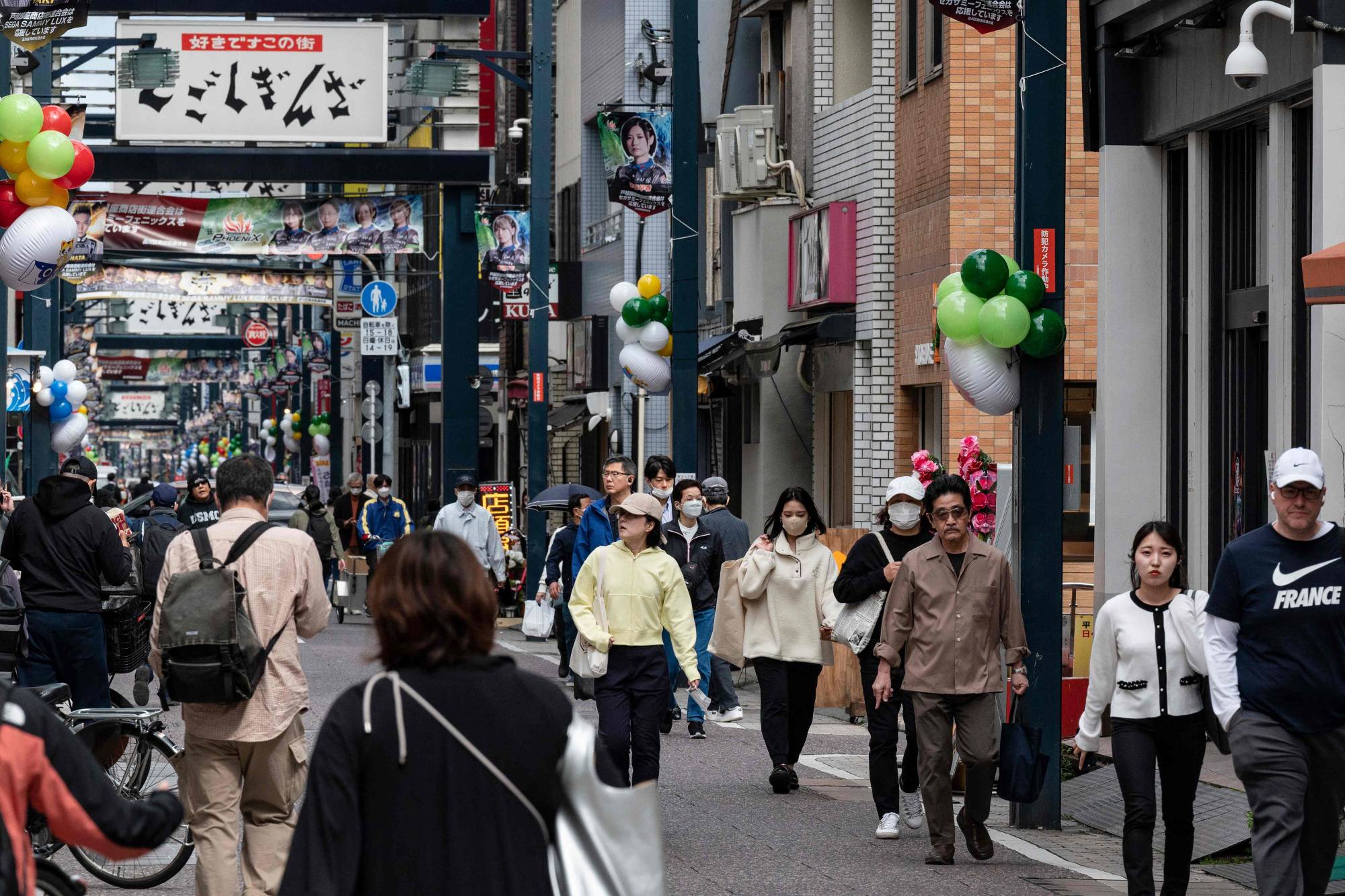Japan's consumer spending unexpectedly fell in March at the fastest rate in a year, while real wages marked a twelfth month of decline on persistent inflation, highlighting the challenges facing the economy in mounting a strong post-COVID revival.
Tuesday's government data also reinforce the uncertainties around the Bank of Japan's policy outlook amid slowing global growth and financial sector worries even as expectations build for a phasing out of its ultra-easy monetary settings.
"Rising prices, while somewhat moderated by the government's energy subsidy programs, have put downward pressure on consumption by shaving households' real purchasing power," said Masato Koike, economist at Sompo Institute Plus.


















With your current subscription plan you can comment on stories. However, before writing your first comment, please create a display name in the Profile section of your subscriber account page.